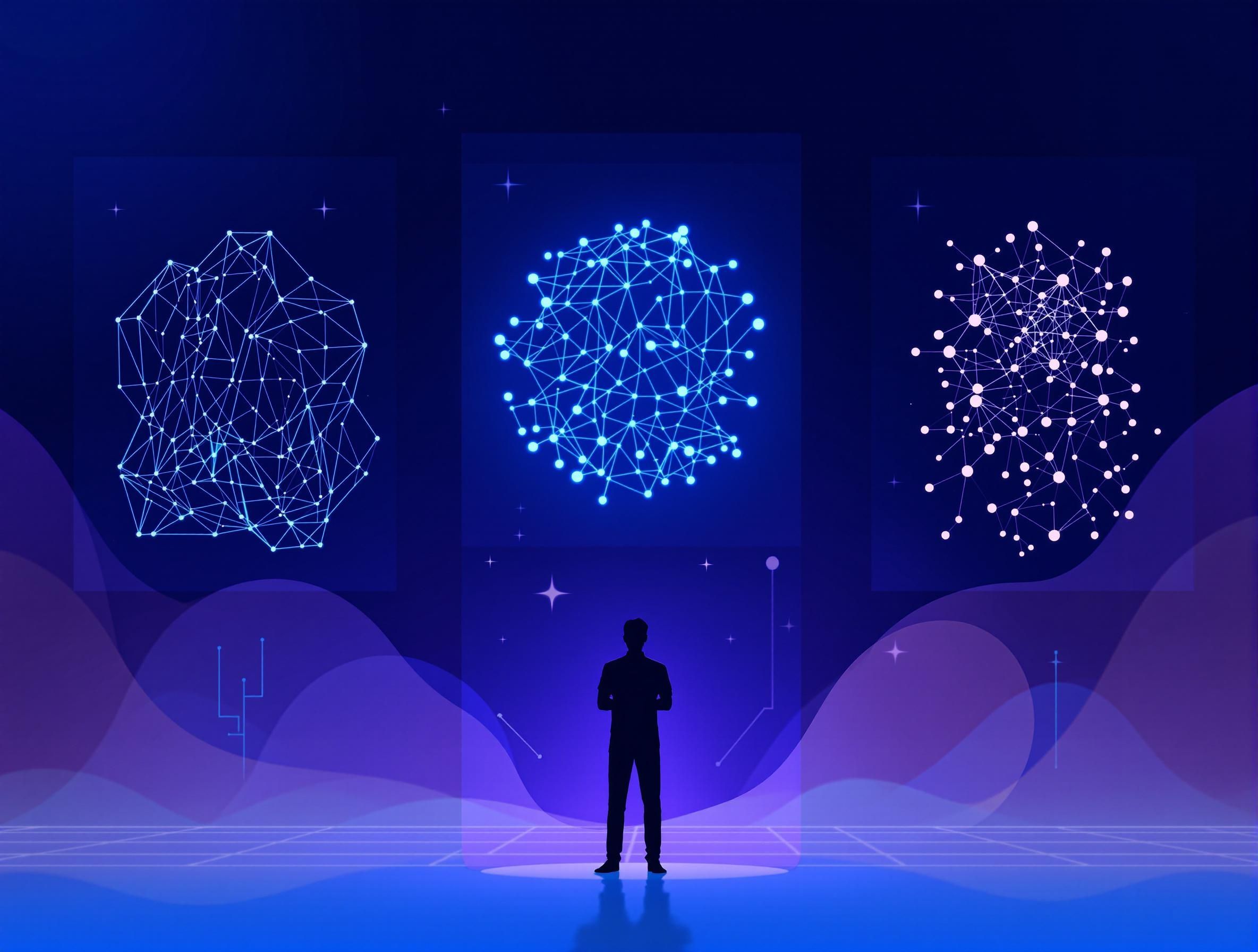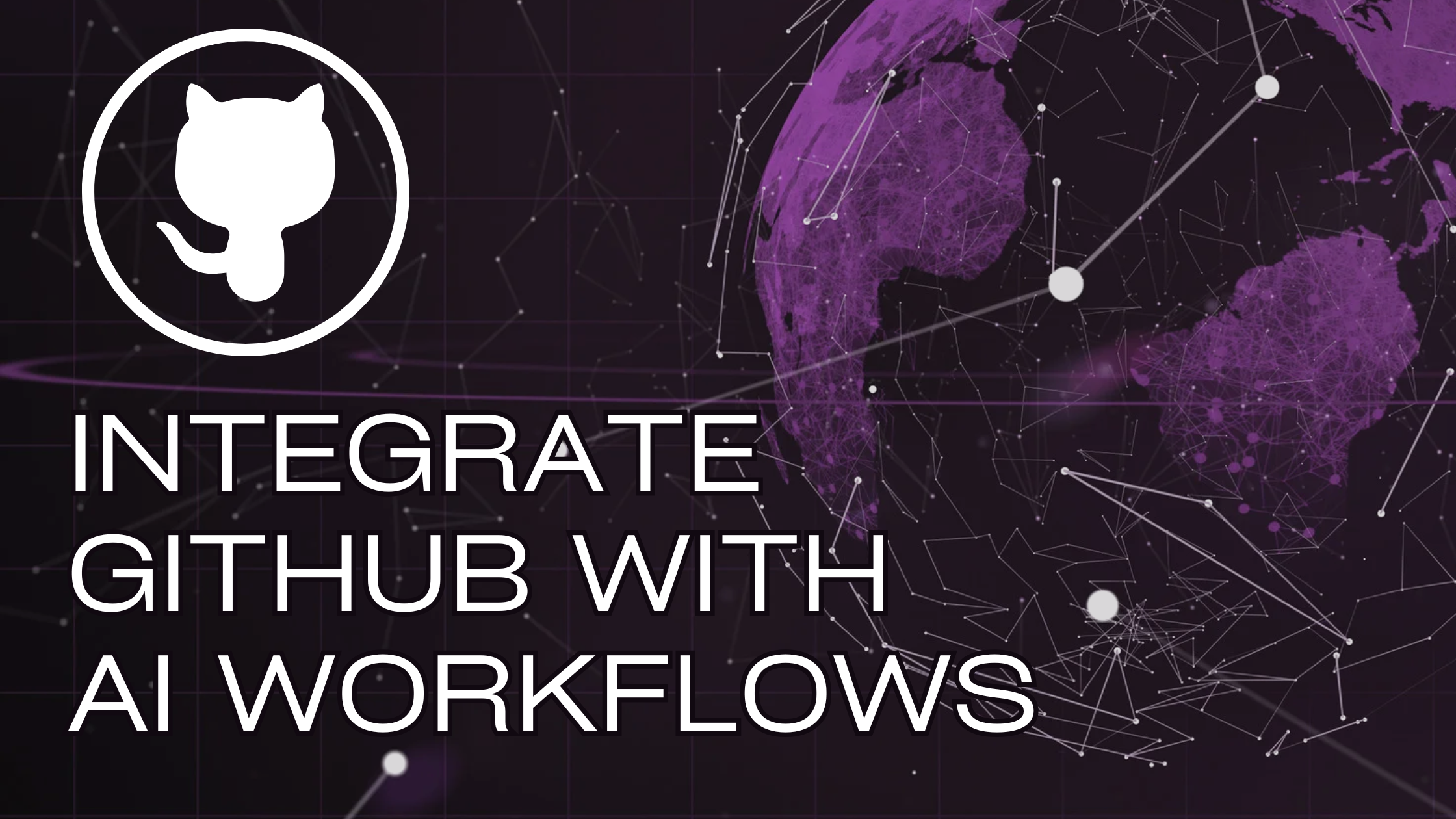
Working with Large Codebases - Why ChatGPT and Claude Fall Short
How AI context limits break development workflows and what you can do about it
As a developer, you've probably experienced this frustrating scenario: You're deep into a complex debugging session with ChatGPT or Claude, discussing your codebase architecture, when suddenly the AI "forgets" everything you've been talking about. The context window fills up, your conversation gets truncated, and you're back to square one—re-explaining your entire project structure.
If you're working on anything larger than a simple script, you've likely hit this wall repeatedly. Here's why it happens and what you can actually do about it.
The Context Window Problem: Why AI Forgets Your Code
Every AI model has a "context window"—essentially its short-term memory. For ChatGPT, it's around 128,000 tokens (roughly 96,000 words). Claude has a similar limitation. When you exceed this limit, the AI starts "forgetting" the beginning of your conversation to make room for new information.
What this means in practice:
- Upload a large codebase? The AI can only see part of it
- Long debugging session? Earlier context gets dropped
- Complex project discussion? You lose architectural context mid-conversation
- Multi-file analysis? Only recent files stay in memory
The Real Impact on Development Workflows
This isn't just a minor inconvenience—it fundamentally breaks how developers actually work:
Broken Context Continuity: You spend more time re-explaining your project than actually solving problems. Every few exchanges, you're back to "Here's my project structure again..."
Incomplete Code Analysis: The AI can't maintain awareness of your entire codebase, leading to suggestions that break other parts of your system it can no longer "see."
Lost Conversation History: Previous solutions, decisions, and context disappear, forcing you to repeat discussions or lose valuable insights.
Project Fragmentation: Each conversation becomes isolated, preventing the AI from building cumulative understanding of your project over time.
Current Workarounds (And Why They Don't Work)
Most developers try these approaches:
1. Breaking conversations into smaller chunks
- Problem: Loses continuity between related discussions
- You end up with fragmented solutions that don't integrate well
2. Constantly re-uploading files
- Problem: Wastes time and credits/usage
- Still hits the same context limits with large codebases
3. Summarizing previous conversations
- Problem: Loses important technical details
- Manual overhead that defeats the purpose of AI assistance
4. Using multiple separate chats
- Problem: No cross-conversation learning
- You lose the benefit of accumulated project knowledge
What Developers Actually Need
The ideal AI development assistant would:
- Remember your entire codebase, not just recent files
- Maintain conversation history across sessions
- Build cumulative understanding of your project over time
- Provide context-aware suggestions that consider your full system architecture
- Scale with project size without artificial limitations
How Different Platforms Handle Large Codebases
ChatGPT Plus ($20/month):
- 128k token context window
- Conversation resets when limit reached
- No persistent project memory
- Limited file upload capabilities
Claude Pro ($20/month):
- Similar context limitations
- Slightly better at managing longer conversations
- No project-level persistence
- Good code analysis within context limits
Alternative Approach: Retrieval Augmented Generation (RAG): Some platforms use RAG pipelines to solve this problem by:
- Storing your codebase in a searchable vector database
- Retrieving relevant context dynamically as needed
- Maintaining conversation history separately from model context
- Providing unlimited effective context through intelligent retrieval
A Different Approach: Persistent Context
Rather than working within artificial context limits, what if your AI assistant could:
- Remember your entire codebase: Upload full repositories and have the AI maintain awareness of your complete project structure
- Persist conversations: Build on previous discussions without losing context when you return to a project
- Intelligent context retrieval: Automatically surface relevant code and past conversations based on your current question
- Project-based organization: Keep different codebases and their associated conversations separate and organized
This is the approach platforms like Vectly take—using RAG pipelines with vector storage to eliminate context window limitations entirely. Instead of forgetting your code when the context fills up, the system intelligently retrieves relevant information from your entire project history.
The Technical Solution: How RAG Works
Retrieval Augmented Generation solves the context problem by:
- Vector Storage: Your codebase gets embedded into a searchable vector database
- Intelligent Retrieval: When you ask a question, the system finds relevant code snippets and conversation history
- Dynamic Context: Only the most relevant information gets loaded into the AI's context window
- Persistent Memory: Your project knowledge accumulates over time rather than getting lost
This means you can work with codebases of any size while maintaining full conversational context.
Making the Right Choice for Your Workflow
Choose ChatGPT Plus or Claude Pro if:
- You work on small, isolated coding tasks
- You don't mind restarting conversations frequently
- Your projects fit comfortably within context limits
- You prefer the mainstream AI experience
Consider a RAG-based platform if:
- You work on large, complex codebases
- You want persistent project memory
- You need the AI to remember previous architectural decisions
- You value transparent, usage-based pricing over flat monthly fees
The Bottom Line
Context limits aren't just a technical limitation—they're a fundamental barrier to effective AI-assisted development on real-world projects. While ChatGPT and Claude excel at many tasks, they weren't designed for the persistent, project-aware assistance that large codebase development requires.
The solution isn't to work around these limitations, but to use tools built specifically for persistent, context-aware development workflows. Whether that's through RAG-based platforms or future improvements to existing tools, the key is choosing an AI assistant that scales with your project complexity rather than fighting against it.
Working on a large codebase that keeps overwhelming your AI assistant? Try Vectly's RAG-powered approach with 25 free credits—no context limits, persistent project memory, and transparent pricing.


